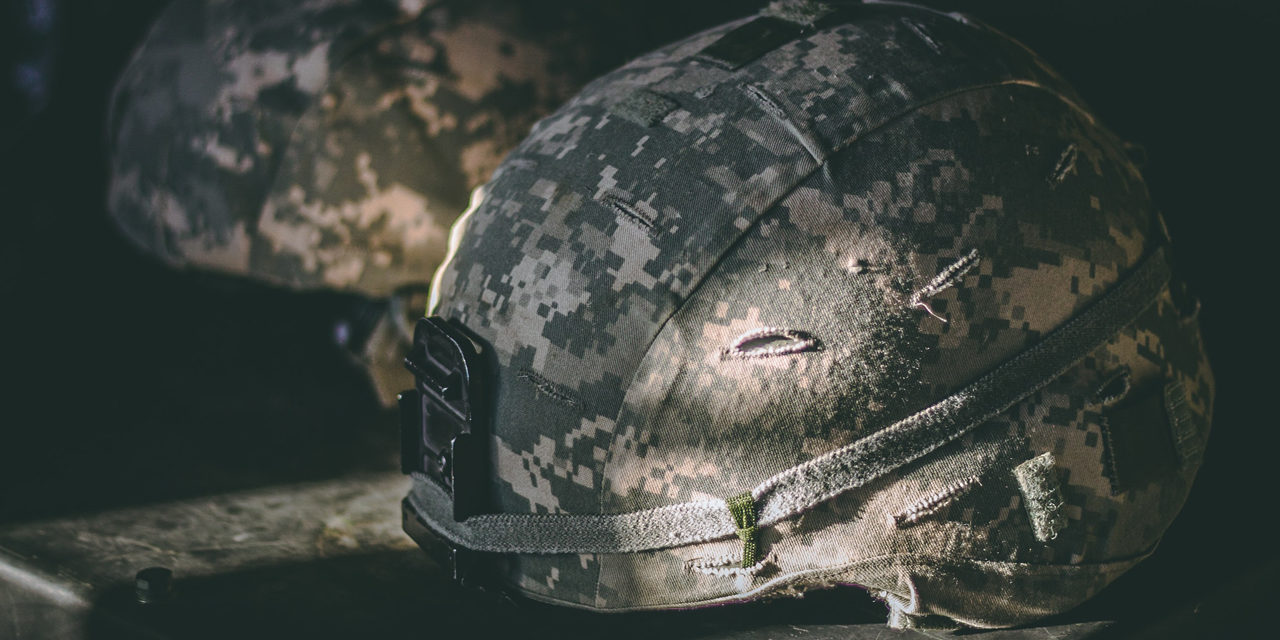An 11-member commission set up by the U.S. Congress will recommend that women should be eligible for the draft, which gives more ammunition to lawmakers seeking to extend the draft to women. Congress would have to vote to change the law to require women to register.
The commission began the study as a result of the 2017 National Defense Authorization Act which authorized the research. It has spent two years delving into the idea of forcing women to register for the draft, along with looking at other items like encouraging more young people to voluntarily join the military.
Forced conscription dates back to President Abraham Lincoln’s first initiation of the draft in 1862, which led to violent and deadly riots in New York.
The Selective Service Act, which was passed by the U.S. Congress and signed into law by President Woodrow Wilson on May 18, 1917, was a response to the entry of the United States into World War I. Within a few months of the passage of the act, the number of men serving in the U.S. military had increased from 100,000 to over 10 million.
In the 255-page report, which was obtained by Politico, the commissioners wrote, “Requiring women to register for the draft is a necessary and fair step, making it possible to draw on the talent of a unified Nation in a time of national emergency.”
In 2015, then-Defense Secretary Ash Carter rescinded the longstanding policy that women could not serve in active combat roles. According to National Review, since the rescission of the policy, the U.S. military has incorporated 224,000 women into combat positions.
The debate over women being included in forced conscription has been gaining steam over the past few years, primarily because of arguments over women’s equality.
Some argue that including women in the draft is a logical step forward in the right of women to be seen as equal to their male counterparts. Others believe it would be immoral to force women into combat, considering that men are generally physically stronger than women, and women would therefore be more prone to injury or death. Not to mention, women would be more vulnerable to rape if captured by enemy forces.
Back in 2016, Secretary Carter’s decision led to a heated debate during the Republican presidential primary over whether women should be included in the draft. In the debate prior to the New Hampshire Primary, candidates Gov. Jeb Bush, Gov. Chris Christie and Sen. Marco Rubio all endorsed Secretary Carter’s move.
Shortly after the debate, contender Sen. Cruz invoked his daughters as the reason why he was against forcing conscription on women. “The idea that we would draft our daughters to forcibly bring them into the military and put them in close combat, I think is wrong. It is immoral,” Sen. Cruz said. “I love those girls with all of my heart, they are capable of doing anything in their heart’s desire, but the idea that their government would forcibly put them in a foxhole with a 220-pound psychopath trying to kill them doesn’t make any sense at all.”
It’s clear the idea of forced conscription for women was heated four years ago, and it’s likely that will increase as the commission submits its report, and members of Congress consider the proposal.
You can follow this author on Twitter @MettlerZachary






